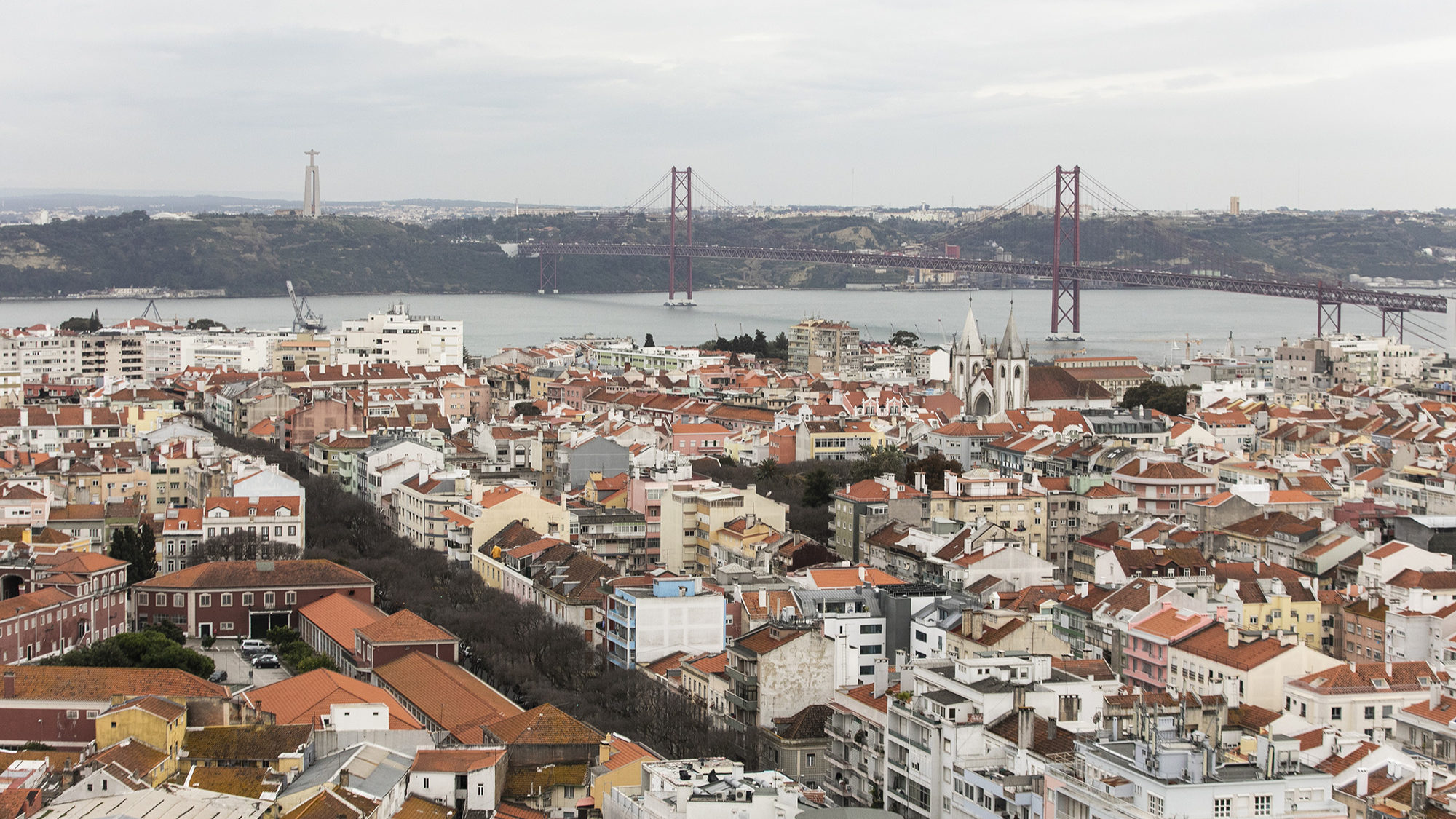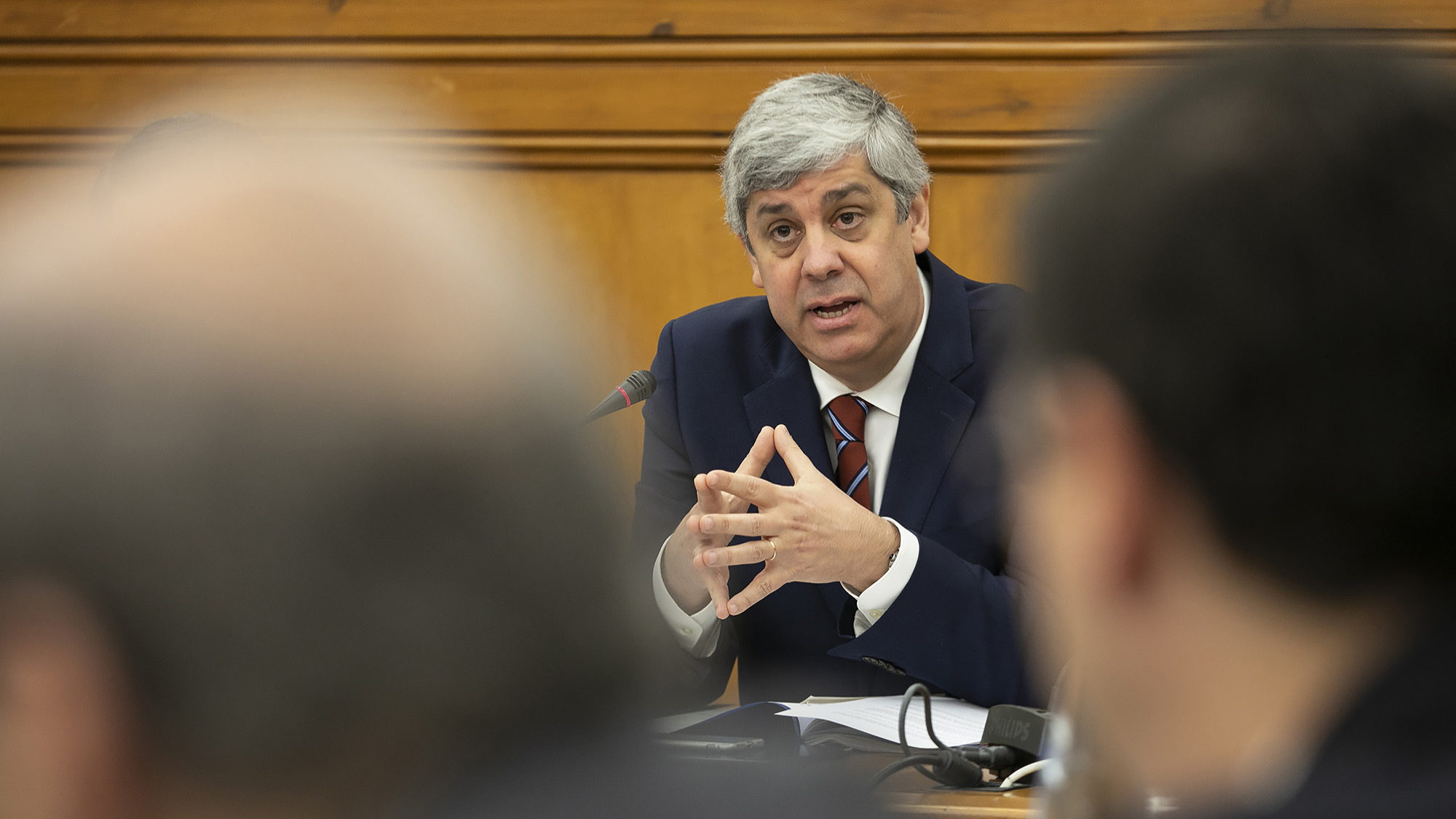Brexit: Portuguese contingency plan provides €50M for companies and €5M for border control
The Portugal Contingency Plan to “minimize the economic consequences of the United Kingdom’s withdrawal from the European Union” came into force on Monday.
The Portuguese government has set up measures to help “economic agents, companies, investors and the tourism sector”. minimizing the economic consequences of the withdrawal of the UK from the EU. Portugal’s contingency plan came into force on Monday, aiming to support those who might be affected by Brexit.
The plan provides €50 million to support companies and €5 million to reinforce border control.
The first measure is a €50 million Support Line for companies exposed to the British market, which “may be reinforced depending on demand”.
The Plan also creates a financial incentive, within Portugal 2020 programme, to support small and medium-sized enterprises, along with information sessions all over the country.
Moreover, the Portuguese Tourism Institute will set up an online service to help British tourists and companies and will also develop a marketing campaign to promote Portugal in the UK.
On the other hand, Portugal’s government wants “to protect the rights of the Portuguese living in the UK and the British living in Portugal”
The Contingency Plan establishes a €5 million investment for the Portuguese Immigration and Borders Service (SEF), which is going to hire 132 more officers and buy new border control equipment.
SEF will start setting up new biometric data collection stations, as well as updating the automatic border control equipment.
The Portuguese authorities want to guarantee an adequate response to the increase of citizens in border control offices.
“This plan aims to reduce the need for additional procedures, namely the ones forecast in Schengen Borders Law, to control the arrival and departure of British citizens”, the government explained.
SEF officers will also be working to grant residence permits to all the British citizens who are already living in Portugal.




